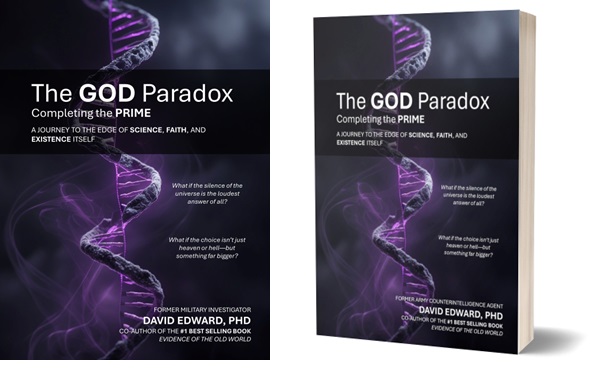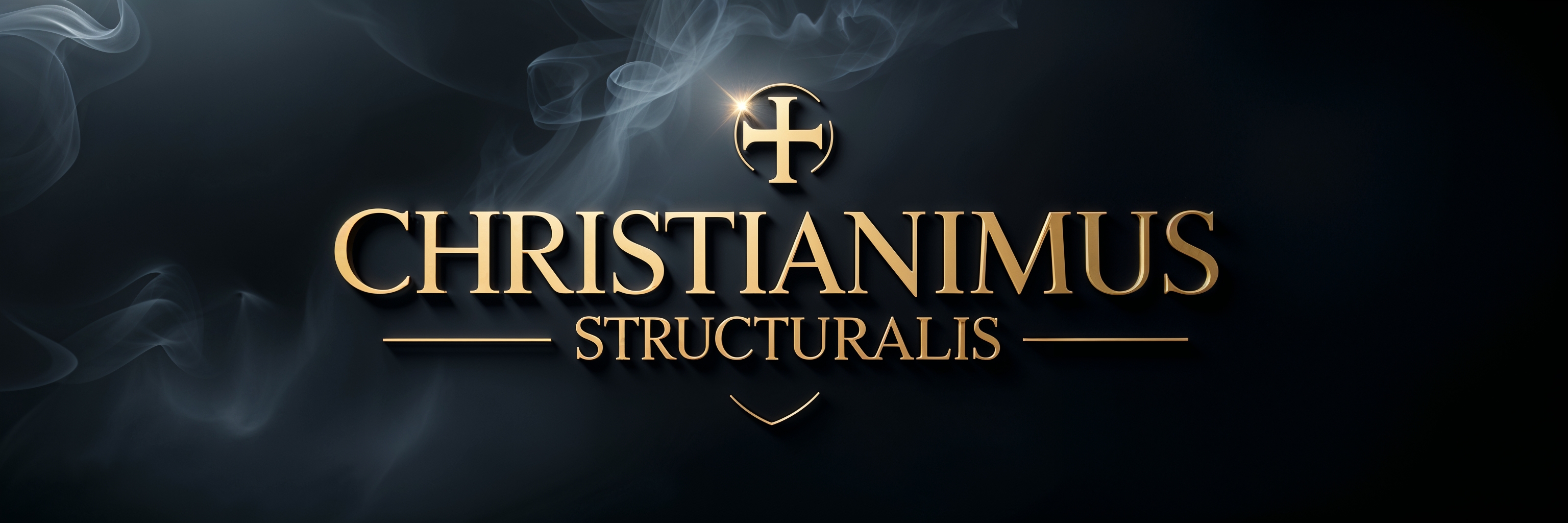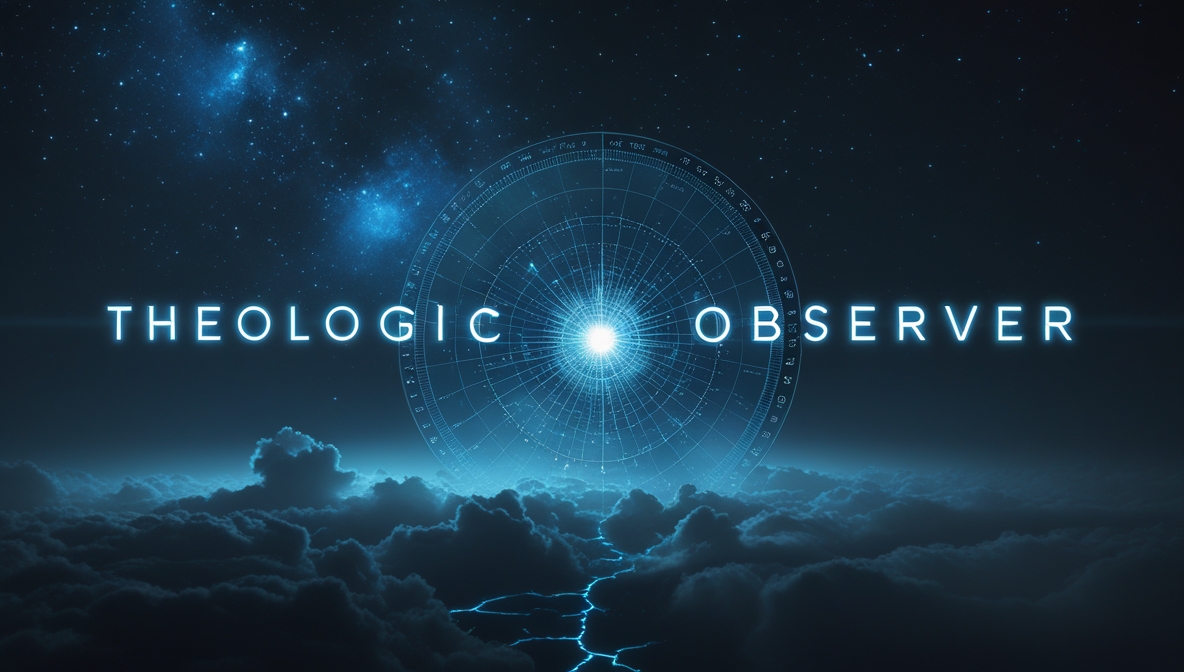What does God want us to do?
It sounds like such a simple question, doesn’t it? The kind of thing you might hear asked by a child in Sunday school or whispered by someone staring out a window after a long night of doubt. It’s a question that’s echoed through history, rising up through stone temples and quiet chapels, out from the mouths of the desperate and the devoted alike.
And yet - this question, in all its simplicity, holds a kind of weight that outlasts doctrine, tradition, and time itself.
For many, the answers offered over the years have been tidy. “Obey the commandments.” “Believe in Jesus.” “Go to church.” These answers offer reassurance, but they often reduce the profound mystery of God’s will into a checklist, something to manage, complete, and tuck away. They make it seem as though God is a distant taskmaster, content with rote compliance or ritual performance.




























.jpg)
.jpg)
.jpg)
.jpg)
.jpg)
.jpg)
.jpg)